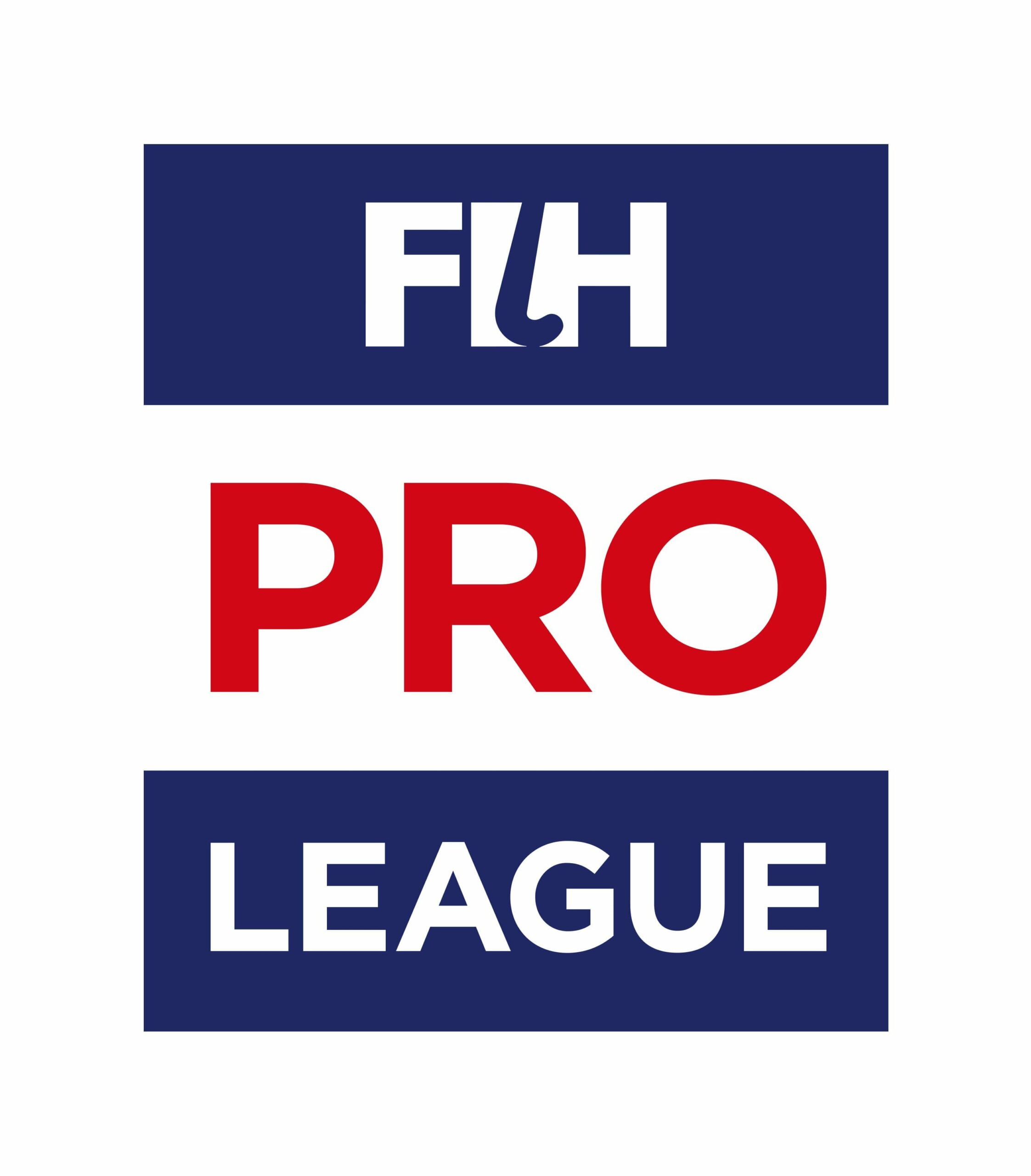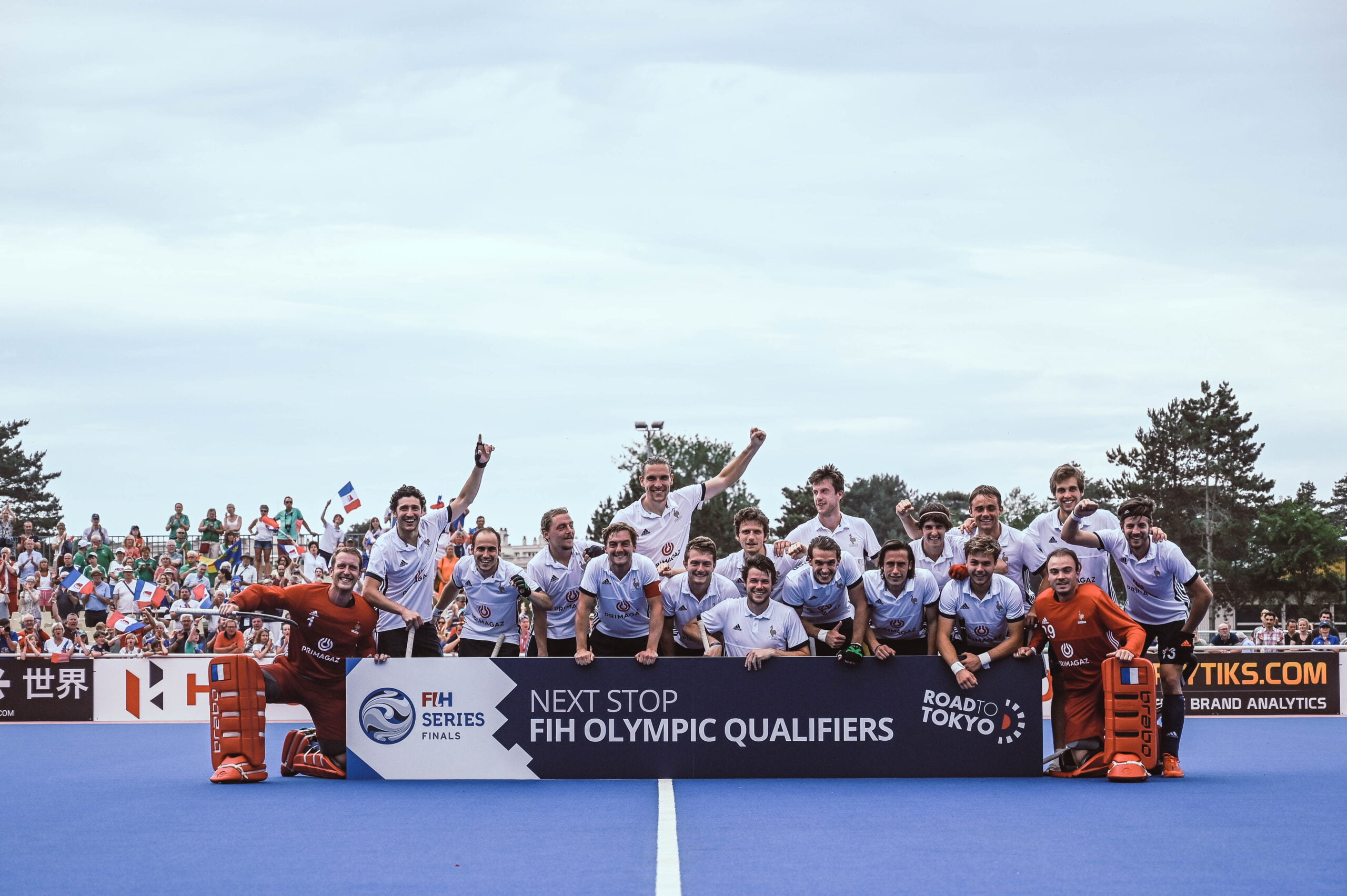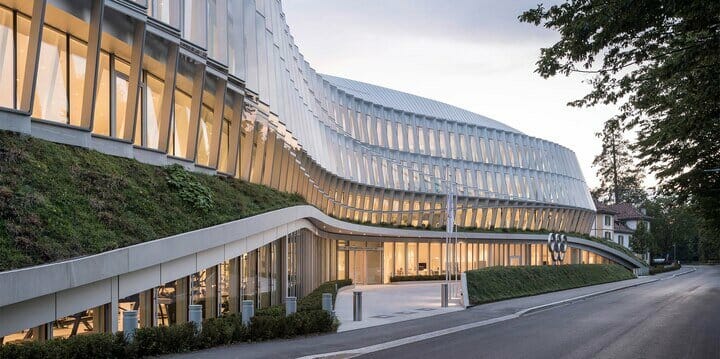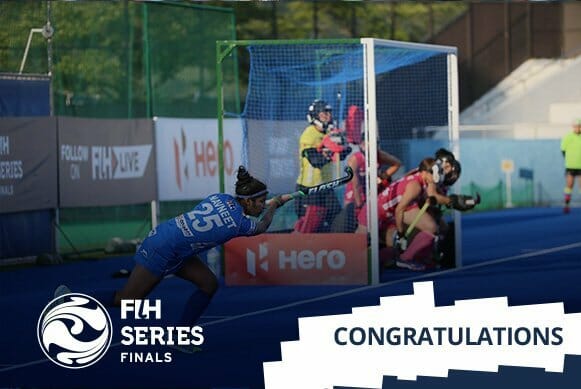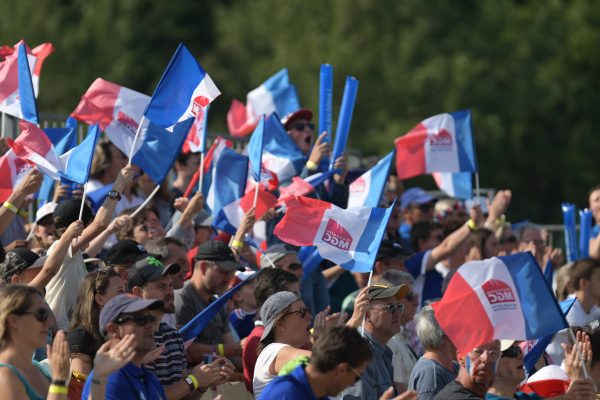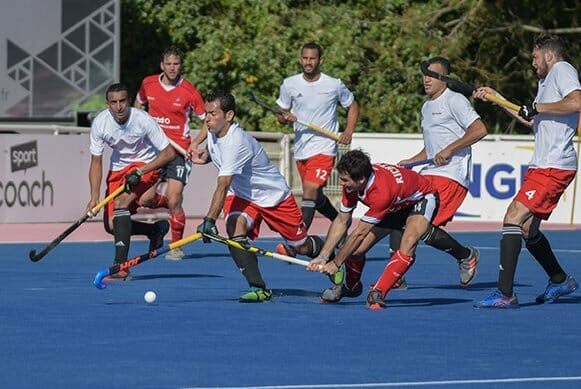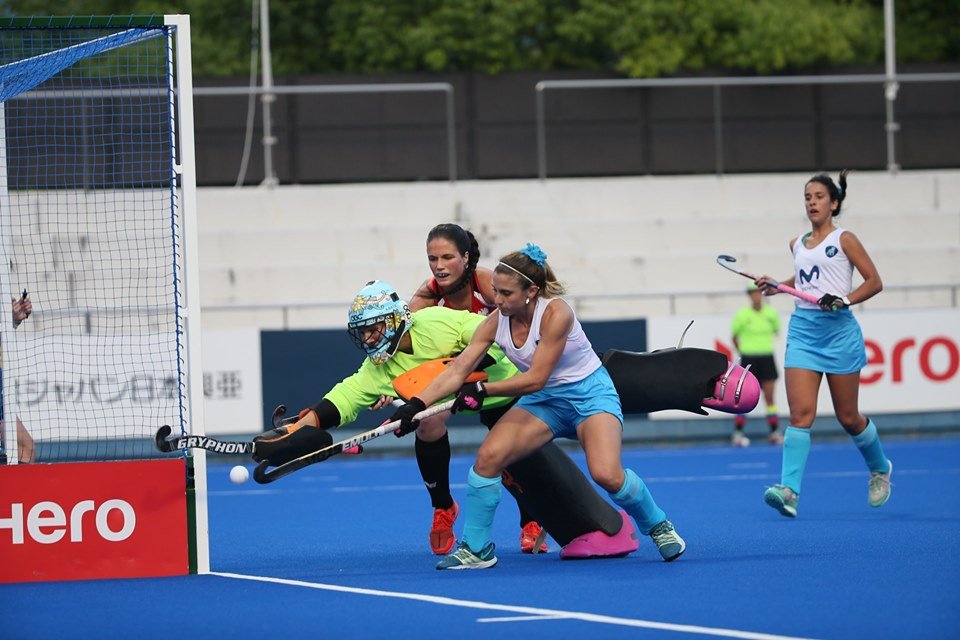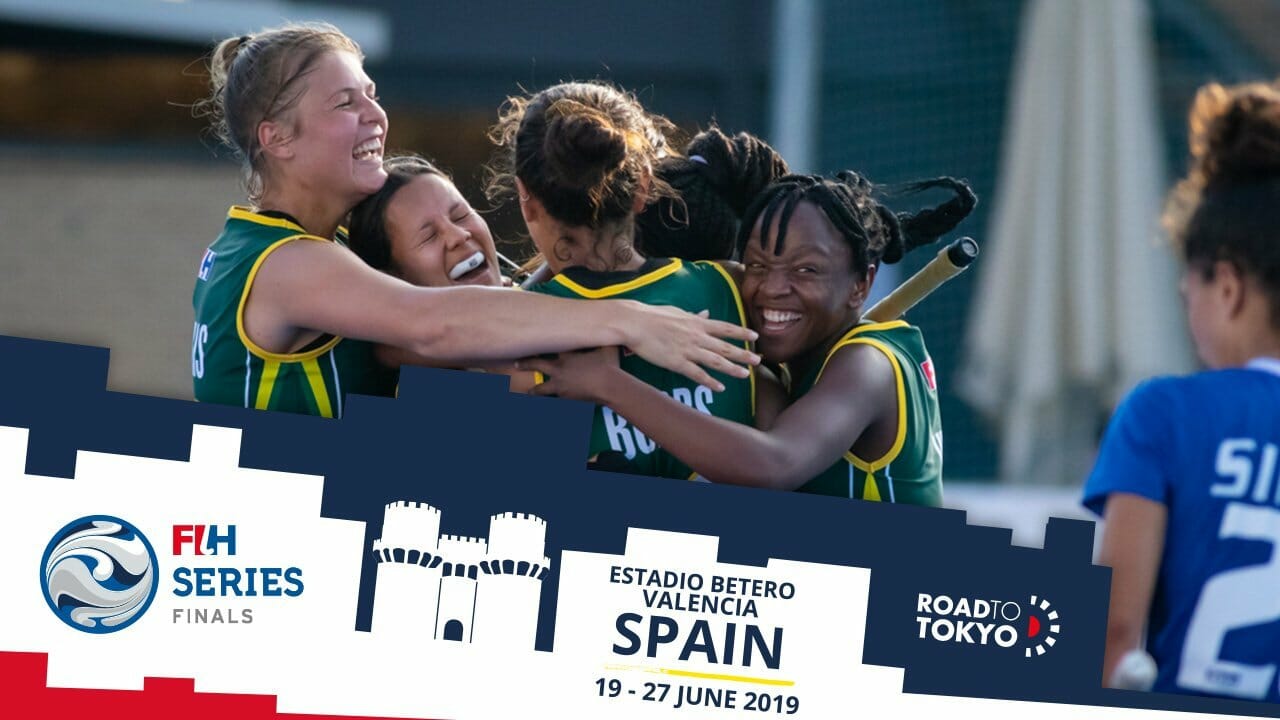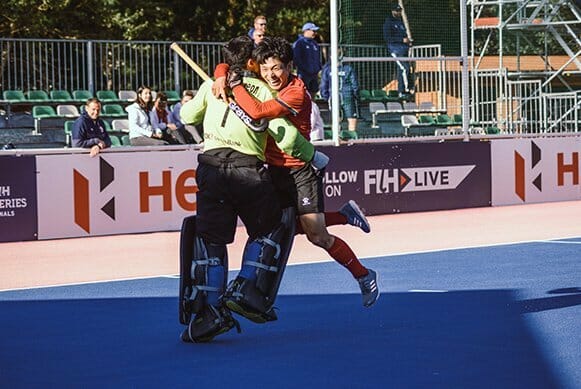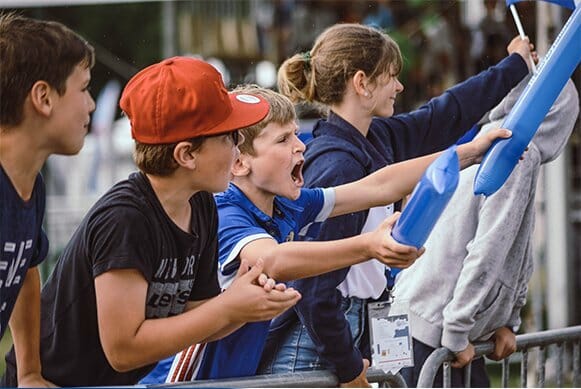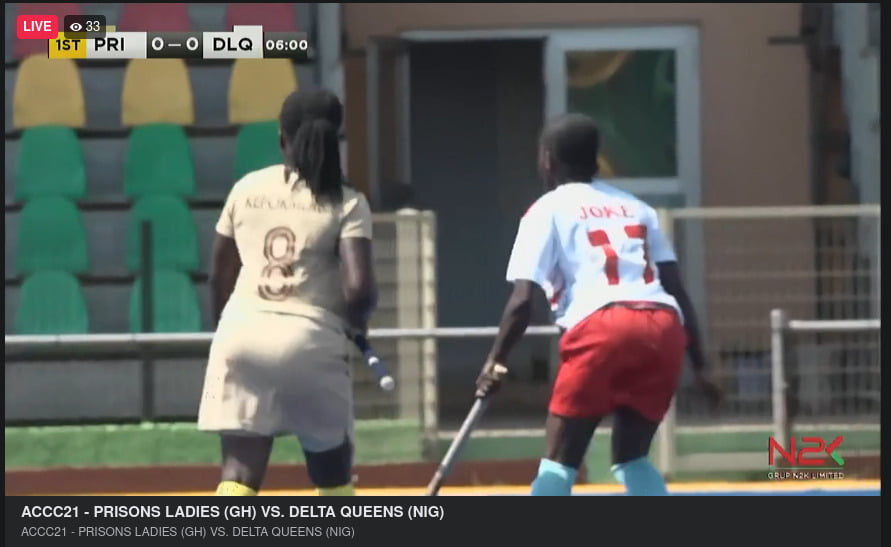The climax to a wonderful, action-packed first edition of the FIH Pro League – the ground-breaking home and away league involving many of the world’s leading hockey nations – will take place in the Netherlands later this week, with Amsterdam’s iconic Wagener Stadium providing the stage for the FIH Pro League Grand Final. The event features the top four finishers from both the women’s and men’s leagues, with the teams taking to the field between 27-30 June in a bid to make history by becoming the first ever champions of this pioneering competition. The women’s semi-finals are scheduled to take place on Thursday 27 June, with two-time world champions Argentina (FIH World Ranking: 4) facing triple Olympic champions Australia (WR:3) at 1715 CEST (UTC/GMT+2) before reigning world champions and FIH Pro League table toppers the Netherlands (WR:1) play Germany (WR:5), bronze medallists from the Rio 2016 Olympic Games, at 2000. The winners of the women’s semi-finals will meet in the title match on Saturday 29 June, with the losing teams playing in the 3-4 play-off. The men’s semi-finals – which were finally settled in a thrilling day of action on Sunday 23 June – take place on Friday 28 June, with table-toppers Australia (WR:2) facing fourth place finishers Great Britain (WR:7) at 1715 ahead of a meeting between world champions Belgium (WR:1) and European champions the Netherlands (WR:3), who finished second and third in the standings respectively. The winners of the men’s semi-finals will meet in the title match on Sunday 30 June, with the losing teams playing in the 3-4 play-off. The eight competing teams have all demonstrated their qualities by consistently getting the required results over nearly six months of competition that have seen over 120 matches take place in Pan America, Oceania, Asia and Europe. As well as securing qualification for this event, their consistency also saw all eight teams take a significant step towards the Olympic Games Tokyo 2020 thanks to the tickets to the FIH Olympic Qualifiers – which take place later this year – that came with a top four finish. A look at each of the teams taking part in the semi-final matches can be found below, with a complete list of fixtures for the four-day showpiece available here. 27 June 2019: Women’s semi-finals SF2: Argentina (2nd FIH Pro League) vs Australia (3rd FIH Pro League) Following a disappointing 2018, the return of two iconic figures at the start of 2019 has triggered a renaissance for Argentina. Charismatic tactician Carlos Retegui – who guided Argentina’s men to Olympic gold at Rio 2016 and also Las Leonas to World Cup glory in 2010 – has restored self-belief, while Carla Rebecchi’s comeback after two-and-a-half years has also played a big role in revival. Rebecchi, Rosario Luchetti and goalkeeper Belen Succi have masses of world level experience, while Maria Granatto, Florencia Habif and Lucina von der Heyde – named Best Young Player at the World Cup in London – have all been outstanding performers this year. Even without injured star striker Delfina Merino, Argentina will feel that they have every chance of achieving glory at the Wagener Stadium. Australia are the only team to have beaten reigning world champions the Netherlands in this competition, with combative midfielder Jane Claxton scoring the only goal of the game when the two sides met in Melbourne in February. Whilst the team coached by former Kookaburra Paul Gaudoin have been good at home, their away form has been exceptional, claiming victories in New Zealand, USA, China, Great Britain and Germany. Savannah Fitzpatrick has top-scored for her team in the FIH Pro League, while the form of shot-stopper Rachael Lynch is likely to put her amongst the frontrunners for the Best Goalkeeper award. The team are certainly not short of confidence and will believe that anything is possible when they take to the field in Amsterdam. SF1: Netherlands (1st FIH Pro League) vs Germany (4th FIH Pro League) Reigning world and European champions the Netherlands – coached by former Australia international Alyson Annan, a double Olympic gold medallist and twice FIH Player of the Year – have been consistently brilliant, recovering from an early loss against Australia in Melbourne by recording a succession of victories to qualify for the Grand Final with consummate ease. Lidewij Welten, captain Eva de Goede and Xan de Waard – all shortlisted for the FIH Player of the Year Award 2018, with De Goede taking the prize – have been exceptional, while Frederque Matla and penalty corner ace Caia van Maasakker have been prolific in front of goal. The Oranje are unquestionably the team to beat in Amsterdam, and it will take something truly extraordinary to stop them winning the inaugural FIH Pro League title. Germany have produced some terrific performances on the way to sealing a top four finish in the FIH Pro League, with impressive away wins against New Zealand, Great Britain, Belgium and USA adding valuable points to the five victories they secured on home soil. Captain Janne Müller-Wieland, Lena Micheel, Elisa Gräve, Nike Lorenz and goalkeeper Julia Sonntag have all been excellent performers for Die Danas this year. Star attacker Charlotte Stapenhorst has been arguably Germany’s most influential player in the competition, but a serious knee injury sustained in her side’s recent home defeat against Australia has ruled her out of the Grand Final. The team are coached by Xavier Reckinger, who as a player made over 300 international appearances for Belgium. 28 June 2019: Men’s semi-finals SF1: Australia (1st FIH Pro League) vs Great Britain (4th FIH Pro League) Australia – coached by former Kookaburra Colin Batch, a gold medallist at the 1986 FIH Men’s World Cup in Willesden, England – secured a first-place finish by winning ten of their 14 matches, recording notable away wins over world champions Belgium, Olympic champions Argentina and European champions the Netherlands. The Kookaburras squad is packed full of quality and experience. The 350 capped Eddie Ockenden co-captains the team alongside influential defender /
